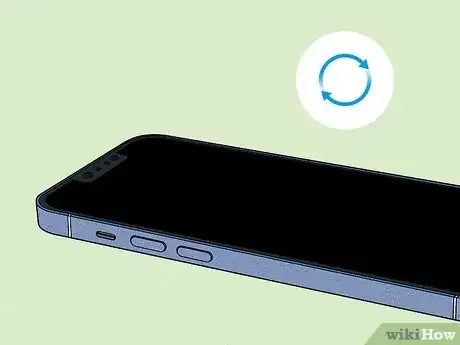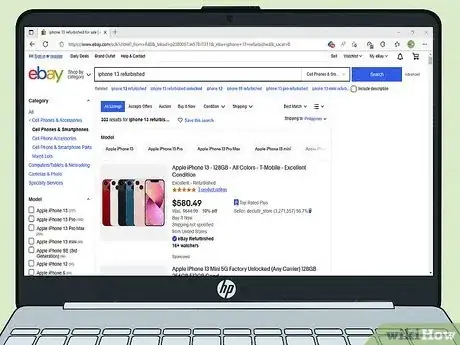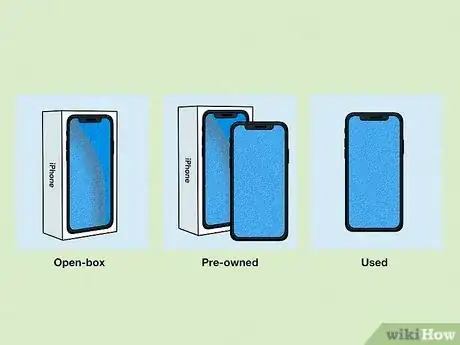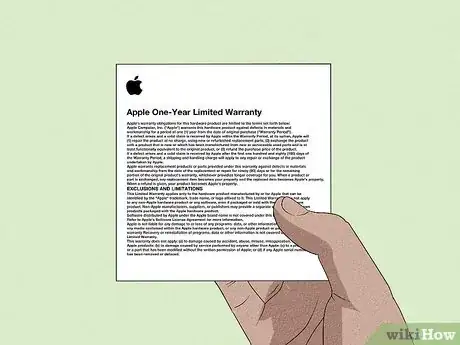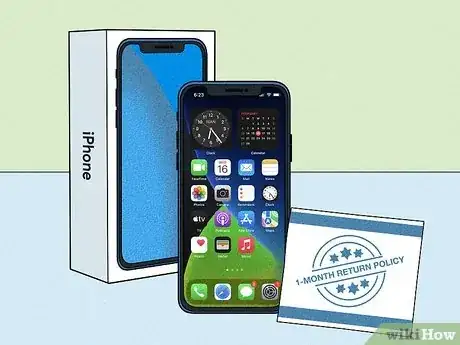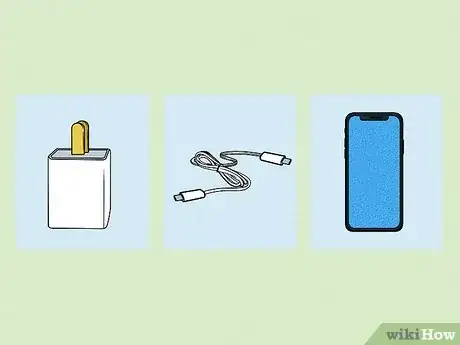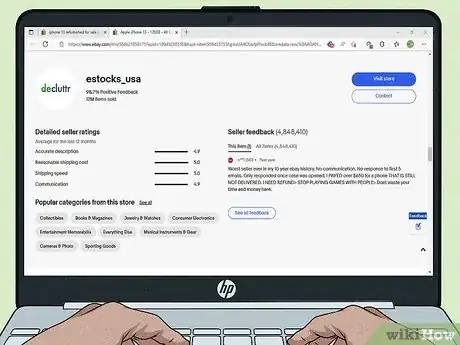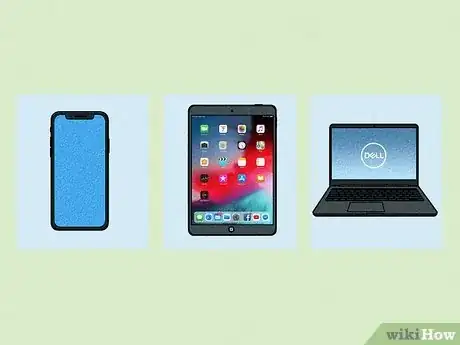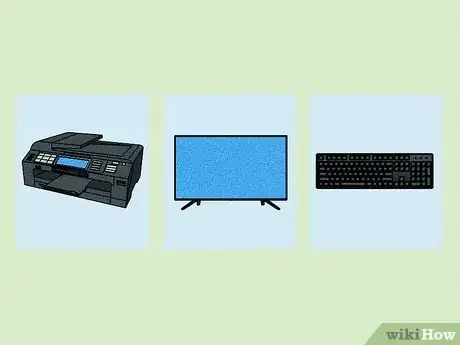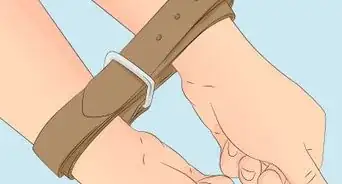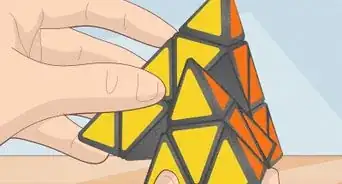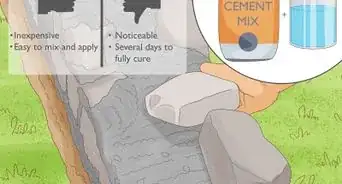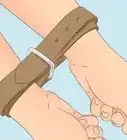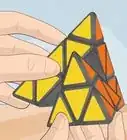This article was co-authored by wikiHow staff writer, Devin McSween. Devin McSween is a wikiHow Staff Writer. With a background in psychology, she has presented her research in social psychology at a variety of conferences and has contributed to several manuscripts for publication. At wikiHow, Devin combines her love of writing and research with the goal of bringing accessible information to wikiHow readers that will help them learn and grow. She earned her BS in Psychology from the College of Charleston.
There are 7 references cited in this article, which can be found at the bottom of the page.
This article has been viewed 7,005 times.
Learn more...
You’re deciding between two products that look pretty much the same: one is labeled refurbished and the other is renewed. But…what does that mean exactly? And is one better than the other? If trying to figure out the difference between renewed and refurbished products has you scratching your head, we’ve got you covered! We’ll tell you all about what renewed, refurbished, pre-owned, and used products mean. Then, to help you make a well-informed decision, we’ll also tell you what you should look out for when buying a second-hand product and which type might be the best to buy.
Things You Should Know
- Generally, both renewed and refurbished refers to a used product that is repaired and restored to like-new condition.
- Pre-owned and used products are not restored before being resold. Open-box products were opened by the buyer but returned before the product was used.
- When buying a second-hand product, make sure it has a warranty, a return policy, and is sold by a well-reviewed seller.
- Certified renewed or refurbished products are typically the best products to buy because they usually have a greater like-new guarantee.
Steps
References
- ↑ https://www.tab-tv.com/refurbished-vs-renewed-device-what-is-the-difference/
- ↑ https://www.techadvisor.com/article/740148/refurbished-vs-used-tech-which-is-better-why.html
- ↑ https://clark.com/shopping-retail/amazon-renewed/
- ↑ https://www.techadvisor.com/article/740148/refurbished-vs-used-tech-which-is-better-why.html
- ↑ https://www.marketplace.org/2019/04/17/why-some-businesses-love-term-pre-owned/
- ↑ https://www.techadvisor.com/article/740148/refurbished-vs-used-tech-which-is-better-why.html
- ↑ https://www.pcmag.com/how-to/10-things-to-know-before-you-buy-refurbished-electronics
- ↑ https://www.consumerreports.org/smartphones/should-you-buy-a-refurbished-phone-a1521807626/
- ↑ https://www.pcmag.com/how-to/10-things-to-know-before-you-buy-refurbished-electronics
- ↑ https://www.pcmag.com/how-to/10-things-to-know-before-you-buy-refurbished-electronics
- ↑ https://www.pcmag.com/how-to/10-things-to-know-before-you-buy-refurbished-electronics
- ↑ https://www.nbcnews.com/select/shopping/buy-refurbished-tech-guide-apple-amazon-walmart-ncna1196971
- ↑ https://www.techadvisor.com/article/740148/refurbished-vs-used-tech-which-is-better-why.html
- ↑ https://www.pcmag.com/how-to/10-things-to-know-before-you-buy-refurbished-electronics
- ↑ https://www.pcmag.com/how-to/10-things-to-know-before-you-buy-refurbished-electronics
